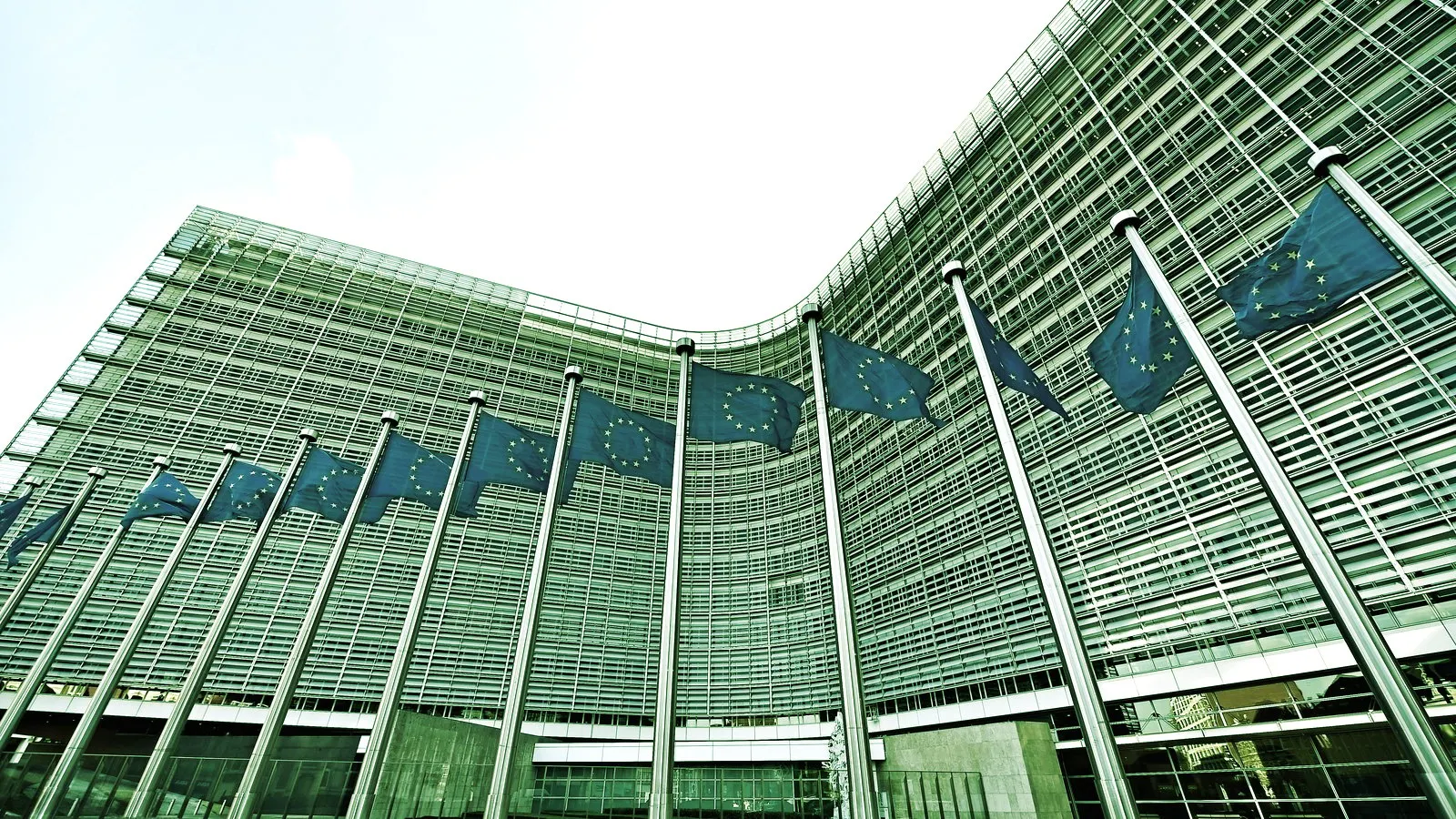European lawmakers have approved a bundle of changes that will impose steep new requirements on banks that have business dealings in crypto.
The European Parliament’s Economics and Monetary Affairs Committee today passed cross-party compromises which will require banks to hold more capital to protect against potential crypto losses.
A spokesperson for the Committee confirmed to Decrypt that the measures adopted include a requirement for banks to disclose if they are exposed to cryptocurrencies.
To become law, the new rules will need approval from the European Parliament, as well as EU finance ministers.
One version of the amendments seen by Reuters would require that banks would have to apply a risk-weighting of 1,250% on crypto, guarding against the impact of their value being totally wiped out.
The vote is part of efforts to bring European rules in line with standards suggested by the Basel Committee on Banking Supervision last year. The group of supervisory authorities proposed that there should be limits on how much of a bank’s capital could be exposed to cryptoassets, and laid out standards that are set to be implemented by the start of 2025.
The Committee’s vote was welcomed by industry body the Association for Financial Markets in Europe (AFME), which said it was an important step in “EU implementation of the international Basel III reforms.”
“The Parliament has made positive steps forward via changes to the Commission’s legislative proposal which should be given due consideration during interinstitutional negotiations,” Caroline Liesegang, head of prudential regulation at AFME, said in a statement.
But she added that the definition of crypto assets should be made clearer in the trilogue process, by which the Parliament, the Council and the Commission agree on the final text of a law.
Tokenized securities in Europe
The AFME is concerned that tokenized securities, the blockchain-based digitization of the stock market that BlackRock CEO Larry Fink has called the “next generation” of the financial markets, could be hit by the regulations if the wording is not clarified.
“More work is still needed on the crypto assets proposal to better define its scope to ensure tokenized securities are not captured,” said Liesegang.
The final text for the changes approved by the EU Parliament’s economics committee has not yet been published.
But they are based on a draft report first brought forward by Finnish MEP Ville Niinisto in 2021.
Those amendments stated that crypto whose value is based on a reference asset, such as stablecoins, should be subject to the same risk weights as the reference asset, while unbacked crypto would receive the 1,250% risk-weighting.
The draft also limited an institution’s total exposure to unbacked crypto asset to no more than 1% of its Tier 1 capital—the core funds held in a bank’s reserves.

